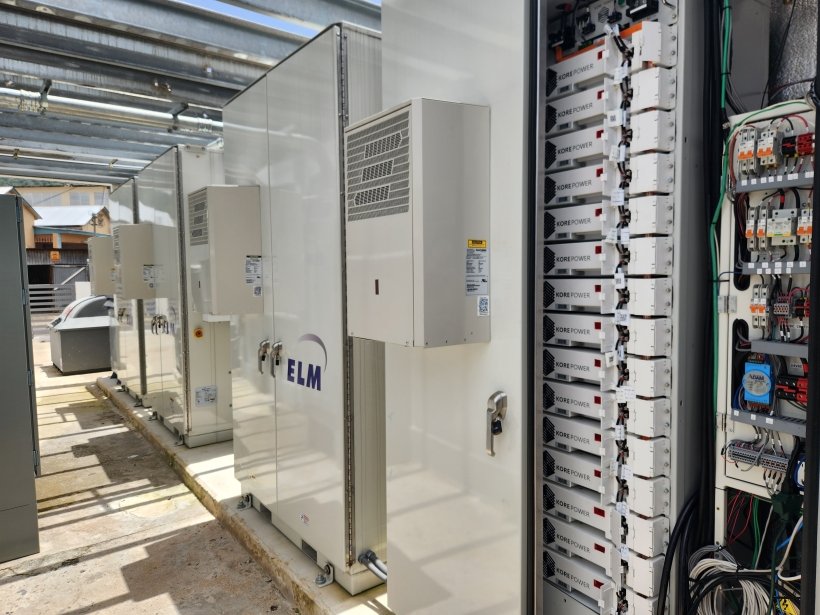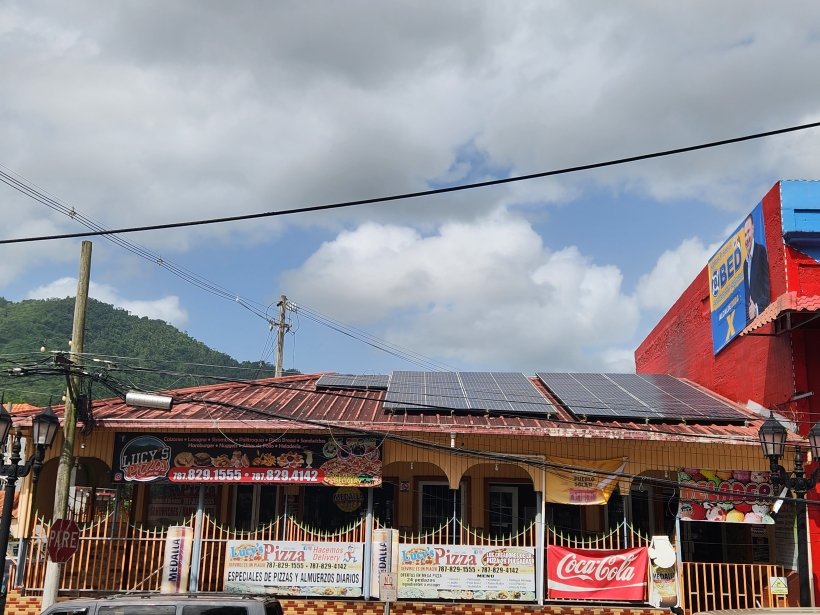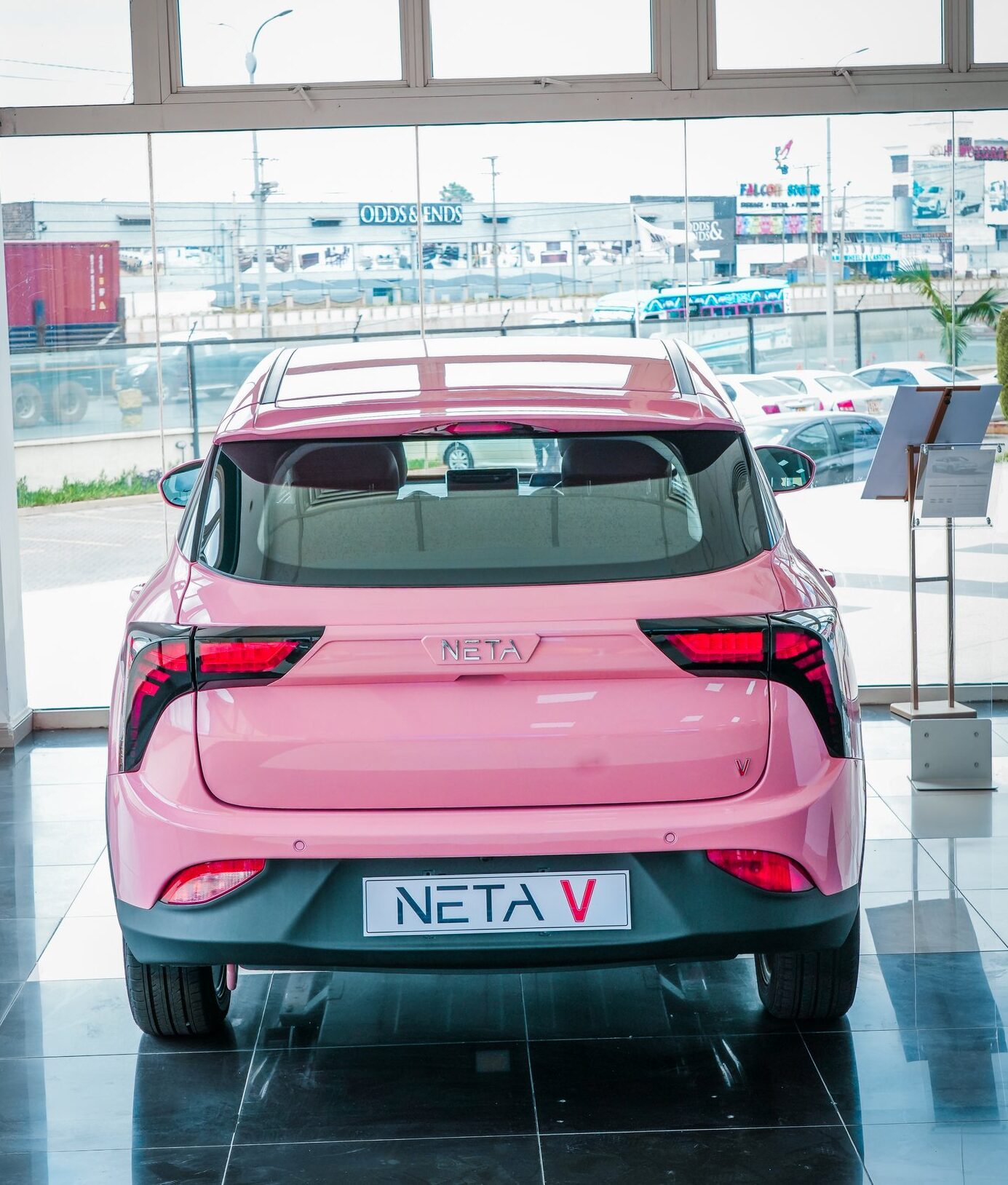Sign up for daily news updates from CleanTechnica on email. Or follow us on Google News!
To ensure continual power during an outage, communities and local energy planners can install microgrids, which have their own power sources and can deliver renewable energy, like solar, to strengthen community resilience. Now, there is a tool designed to connect and coordinate multiple microgrids to maintain reliable electric service, integrate more solar energy and potentially other types of renewable energy, and reduce the need for backup diesel generators, lowering costs and harmful emissions.
Microgrids are small electric grids that can operate while disconnected from the main grid. They often use solar energy and batteries, which allow the microgrids to work independently because they can store energy and release it when it is needed. If the main grid goes down during a severe storm, for example, microgrids can enable a steady supply of electricity to the critical facilities, homes, and businesses that are connected to them.

In 2020, the U.S. Department of Energy Solar Energy Technologies Office (SETO) awarded nearly $4 million to a team at Oak Ridge National Laboratory to develop an optimized solution to manage distribution of electricity within a network of solar-powered microgrids. The team developed a microgrid orchestrator—software designed to manage the exchange of power between multiple microgrids within a network. The team is in the final stages of hardware testing before demonstrating the microgrid orchestrator in the mountain town of Adjuntas, Puerto Rico.

Two community-owned microgrids will soon provide solar power to Adjuntas, even when blackouts occur in other parts of the island. Adjuntas did not have power for six months because of Hurricane Maria in 2017. Local community organization Casa Pueblo partnered with the nonprofit Honnold Foundation to install the town square microgrids to ensure that Adjuntas residents have access to critical services in the aftermath of future natural disasters.
When Hurricane Fiona hit Puerto Rico in September 2022, a smaller, previously-installed Adjuntas microgrid that serves Casa Pueblo kept the power on for nine days when other parts of the island went dark. Researchers will work to advance the orchestrator’s capabilities to extend electric service as long as possible for future outages.
The success of this microgrid orchestrator could result in the creation of microgrid networks in communities across the nation to increase resilience, reduce greenhouse gas emissions, and support energy independence and security.
Learn more about SETO’s systems integration research and development.
Courtesy of Energy.gov.
Have a tip for CleanTechnica? Want to advertise? Want to suggest a guest for our CleanTech Talk podcast? Contact us here.
EV Obsession Daily!
I don’t like paywalls. You don’t like paywalls. Who likes paywalls? Here at CleanTechnica, we implemented a limited paywall for a while, but it always felt wrong — and it was always tough to decide what we should put behind there. In theory, your most exclusive and best content goes behind a paywall. But then fewer people read it!! So, we’ve decided to completely nix paywalls here at CleanTechnica. But…
Thank you!
Community Solar Benefits & Growth
CleanTechnica uses affiliate links. See our policy here.



